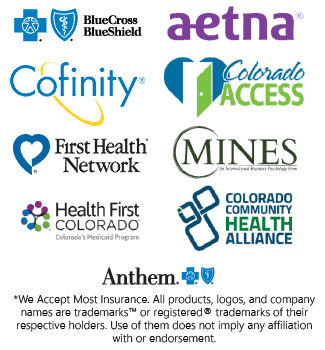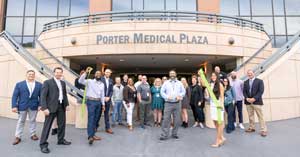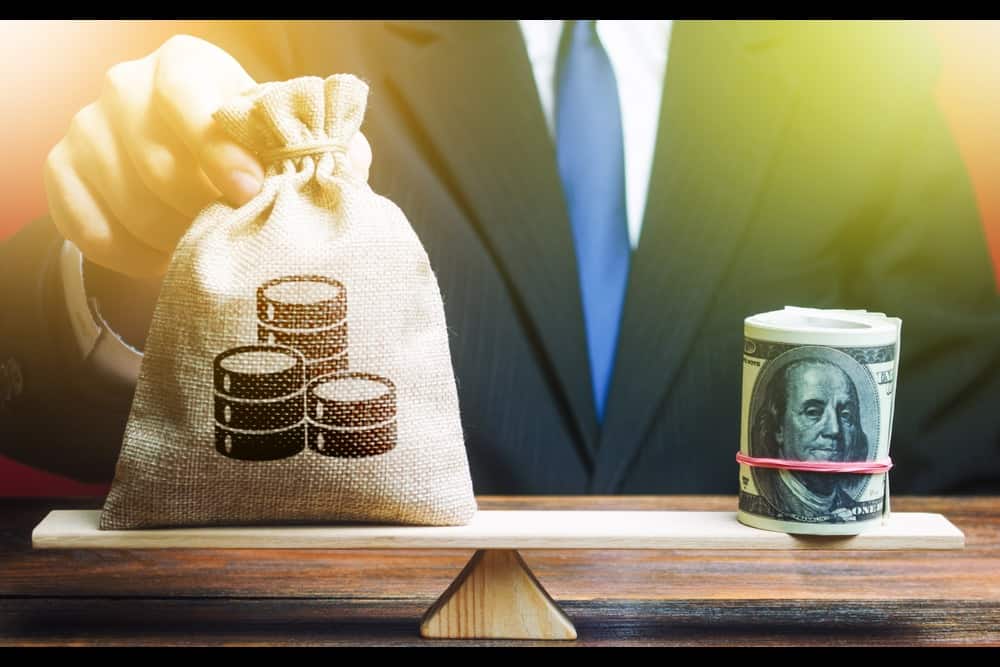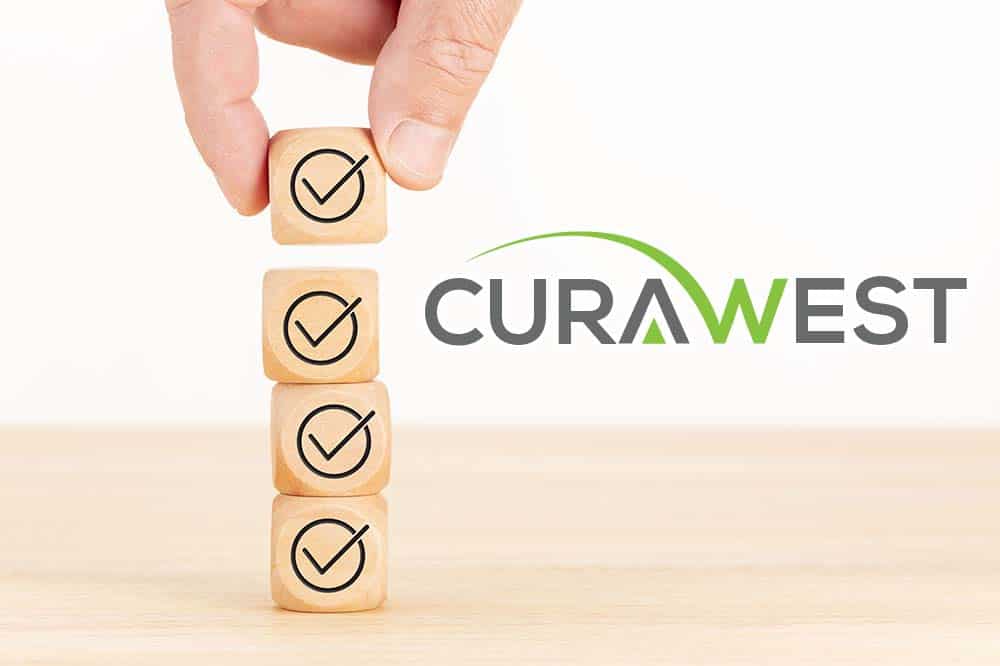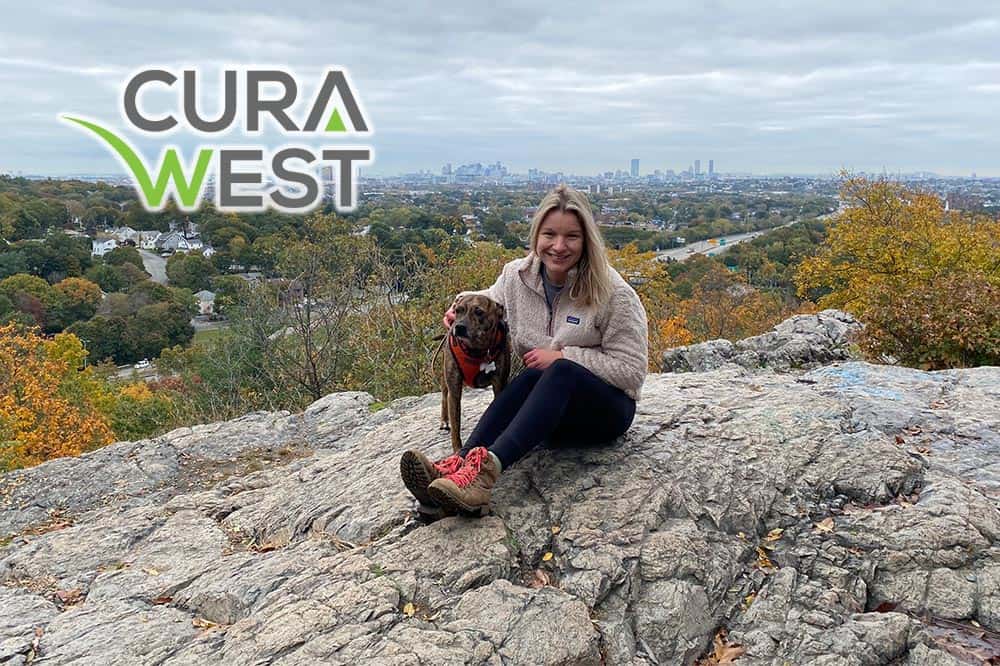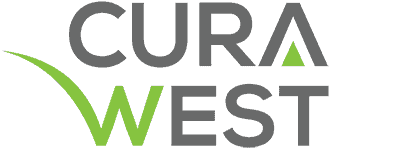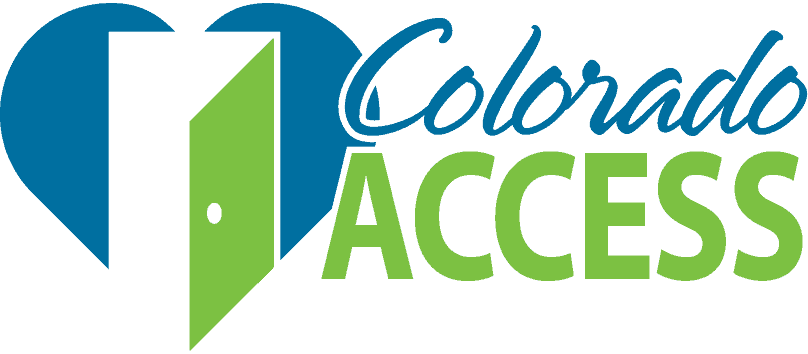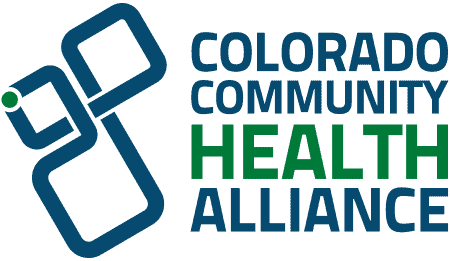Prescription Drug Abuse
Over the course of the past several decades, prescription drug abuse and addiction have become major public health concerns throughout the entire country. According to the National Institute on Drug Abuse, an estimated 18 million Americans over the age of 12 misused a prescription medication in the year 2017 alone. The 2017 National Survey on Drug Use and Health found that there were over 2 million initial cases of prescription painkiller abuse, 1.5 million initial cases of prescription tranquilizer abuse, 1 million cases of prescription stimulant abuse and roughly 271,000 cases of first-time prescription sedative abuse. These exceedingly high numbers can be largely attributed to the over-prescription of habit-forming medications. However, even with recent government crackdowns on distribution, the rates of prescription drug addiction continue to climb.
One of the main reasons behind the widespread prevalence of prescription drug abuse is the ease of access. Many individuals find unused or expired prescriptions in the medicine cabinets of their close friends or family members. There is also a widespread misconception regarding the safety of prescription medications. Many believe that these drugs cannot be harmful seeing as they were initially prescribed by an experienced medical professional. On the contrary, prescription drug abuse accounts for thousands of overdose-related deaths annually. The good news is that many government run and funded programs have been established to help prevent these unnecessary fatalities while spreading awareness and cutting back on new cases of prescription drug abuse. One of the most successful programs is National Prescription Drug Take Back Day, which was first founded in October 2010.
If you have been suffering at the hands of a prescription drug abuse disorder, seeking professional addiction treatment is both necessary and important.
Prescription Drug Abuse in Colorado
The National Institute on Drug Abuse reported a total of 564 opioid-related overdose deaths in Colorado in the year 2018 alone. Of these deaths, 268 were directly attributed to prescription opioids like oxycodone, hydrocodone, codeine and morphine. Additionally, 134 of these deaths were linked to synthetic opioids like fentanyl. It was also reported that in the year 2018, Colorado providers wrote 45.1 opioid prescriptions per every 100 residents. While this number is slightly lower than the national average of 54.1 prescriptions, roughly half of Colorado residents were given a prescription for a habit-forming opioid narcotic.
In 2013, the Colorado Consortium for Prescription Drug Abuse Prevention was formed in response to the high numbers of prescription drug abuse throughout the state. The website reads, “The Colorado Consortium for Prescription Drug Abuse Prevention coordinates Colorado’s response to the crisis of misuse and abuse of prescription medications such as opioids, stimulants, and sedatives. Since the Consortium took its current form in 2013, it has been a place where stakeholders from diverse backgrounds and viewpoints work together and focus their efforts to address the opioid crisis. Partners include federal agencies, major state departments and agencies including the Colorado Department of Public Health and Environment and the Office of Behavioral Health, and dozens of grassroots organizations and dedicated individuals. The Consortium receives funds from the state and federal government and grants from nonprofit foundations and businesses.”
One of the main events that the Consortium actively backs is National Prescription Drug Take Back Day.
Click here to find the closest prescription drug take back center near you!
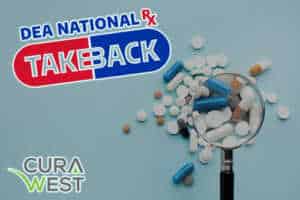
Our Prescription Drug Detox Services Include
National Prescription Drug Take Back Day
The first National Prescription Drug take Back Day was founded by the Drug Enforcement Administration (DEA) in 2010, and has been happening annually ever since. The main priority of this nationwide event is to help residents safely dispose of unused, unwanted or expired prescriptions in order to prevent future misuse, addiction and overdose-related deaths. Individuals are able to dispose of medications at designated disposal sites safely and anonymously. The event has seen immense success in past years. In October 2019, during the 19th annual National Prescription Drug Take Back Day, over 882,919 pounds of unused medication was collected at over 6,174 disposal sites across the country. This 2020’s Take Back Day is set for October 24 from 10am to 2pm. If you are not available to participate in the actual event there are several other options when it comes to safely disposing of unused prescriptions. The important thing is that they are effectively disposed of one way or another.
Disposing of Unused Prescriptions
The US Food and Drug Administration (FDA) details some additional options on their website. First of all, you can check to see whether or not the medication you are attempting to dispose of is on the FDA “flush list.” If it is, it means that it can be flushed down the toilet without contaminating the local water supply. The FDA works closely with numerous environmental protection agencies to constantly update this list, ensuring that the environment is protected and that no contaminants are being unintentionally added to the water supply. If the medication is not on the “flush list,” the following steps are suggested:
- Mix medications with an unappealing substance like dirt, cat litter or used coffee grounds.
- Seal the mixture into a container like a Ziploc plastic bag – make sure that the container is tightly sealed so that none of the mixture can spill out.
- Throw the container away in your household trash.
- Be sure to tear the label off of the prescription bottle or black out all of your personal information with a permanent marker – then throw the bottle away as well.
Holding onto medicines that are no longer needed creates a serious and unnecessary health risk, especially if there are children present within the household. Every year the US sees roughly 60,000 emergency room visits that involve a child under the age of six finding and ingesting an unused prescription medication. It is important to properly dispose of medications not only to prevent new cases of addiction, but also to keep young children safe from harm.
Ready To Begin Your Prescription Drug Detox?
We Offer A Safe & Effective Program
Don’t let Prescription Drug addiction control your life.
Call us today and let’s get you started on the path to a better you.
CuraWest & Prescription Drug Detox
CuraWest provides men and women of all ages with a comprehensive program of prescription drug detox and an in-depth introduction to continuing clinical care. We understand how easy it can be to fall victim to prescription drug abuse, especially for those who were initially prescribed a potent and habit-forming medication by a trusted medical professional. Even when taken as prescribed, some opioid narcotics, prescription stimulants and benzodiazepines can prove to be physically and psychologically addictive within a very short period of time. Regardless of what type of medication you have been misusing, medically monitored detox is always a necessary first step on the lifelong road to recovery. For more information on our prescription drug detox program, feel free to reach out to our team of treatment advisors at any point in time.
Begin Healing Now!
Have A Call With One Of Our Treatment Advisors
Don’t Suffer Any Longer
Join CuraWest for Take Back Day
Join CuraWest for prescription take back day and help fight the war on prescription drug abuse. If you have unused unwanted or expired prescription medications that you need to dispose of, simply enter your city and zip code into the Controlled Substance Public Disposal Locations – Search Utility
website (Click here to visit website). This year’s event is set for October 24 from 10a, to 2pm. If you are unable to make it to one of the safe disposal sites in your immediate area, there are additional steps you can take in order to prevent prescription drug abuse. For more information on safely disposing of prescription medications feel free to reach out to us at any point in time for additional insight and resources.
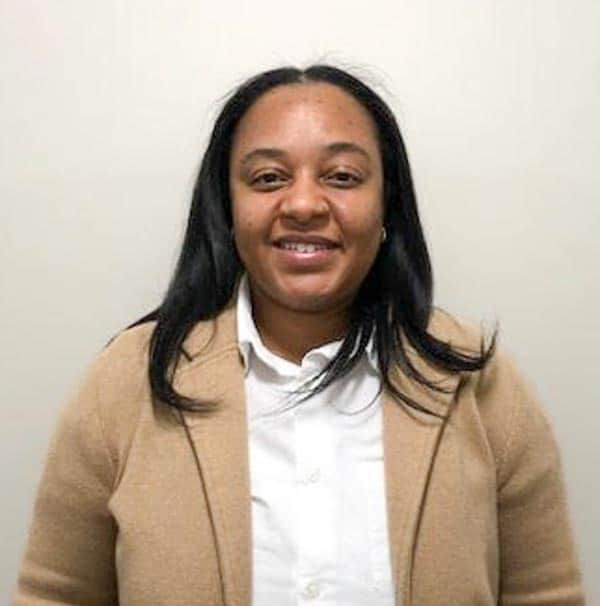
Reviewed for accuracy by:
Jasmine Billups
LPC-S
Jasmine has worked in the mental health field for over 18 years. She earned her B.A. in Psychology with a Minor in Child and Family Relations from North Carolina Central University, and her M.A. in Mental Health Counseling from Argosy University. Jasmine is a Licensed Professional Counselor Supervisor and has specialized in addiction for over 10 years.







